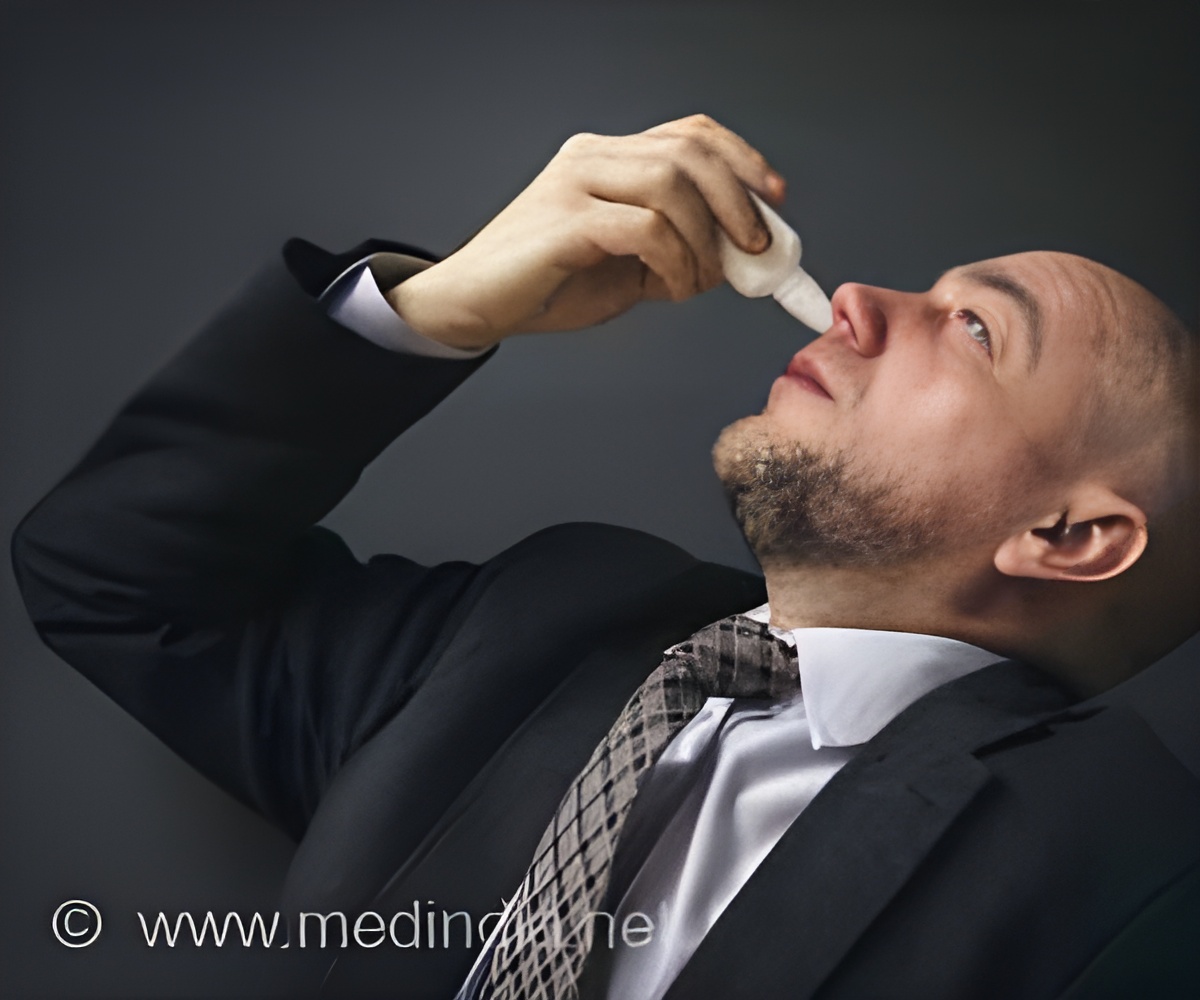
‘Patients with resistant depression could benefit from the usage of esketamine nasal spray, although, caution is necessary for its application in clinical practice.’
Read More..Tweet it Now
Depression is common, and as many as one-third of people with depression are considered treatment resistant--not finding relief from symptoms even after trying several antidepressants. Esketamine offers a new fast-acting treatment for people that have not responded to other depression treatments. Read More..
Michael Thase, M.D., one of the study authors, described the study during a briefing held during the Annual Meeting of the American Psychiatric Association. The phase 3, double-blind, active-controlled study was conducted at 39 outpatient centers from August 2015 to June 2017 and involved nearly 200 adults with moderate to severe depression and a history of not responding to at least two antidepressants. Participants were randomly assigned to one of two groups.
One group was switched from their current treatment to esketamine nasal spray (56 or 84 mg twice weekly) plus a newly initiated antidepressant (duloxetine, escitalopram, sertraline, or extended-release venlafaxine). The other group was switched from their current treatment to a placebo nasal spray in combination with a new antidepressant.
The improvement in depression among those in the esketamine group was significantly greater than the placebo group at day 28. Similar improvements were seen at earlier points in time.
Adverse events in the esketamine group generally appeared shortly after taking the medication and resolved by 1.5 hours later while patients were in the clinic. The most common side effects included dissociation, nausea, vertigo, dysgeusia (distortion of the sense of taste) and dizziness. Seven percent of patients in the esketamine group discontinued the study due to side effects.
Advertisement
In an accompanying commentary in the American Journal of Psychiatry, Alan Schatzberg, M.D., at Stanford University School of Medicine, highlights several areas where information about the best use of esketamine is lacking, such as how long and how often to prescribe it, and raises concerns about the potential for abuse. While he notes that esketamine could be useful for many patients with depression, he cautions that "there are more questions than answers with intranasal esketamine, and care should be exercised in its application in clinical practice."
Advertisement
Ketamine is composed of molecules that are mirror images of each other (S-ketamine and R-ketamine). It is the intranasal formulation of the S-ketamine molecule (i.e., esketamine) that received FDA approval.
Source-Eurekalert












